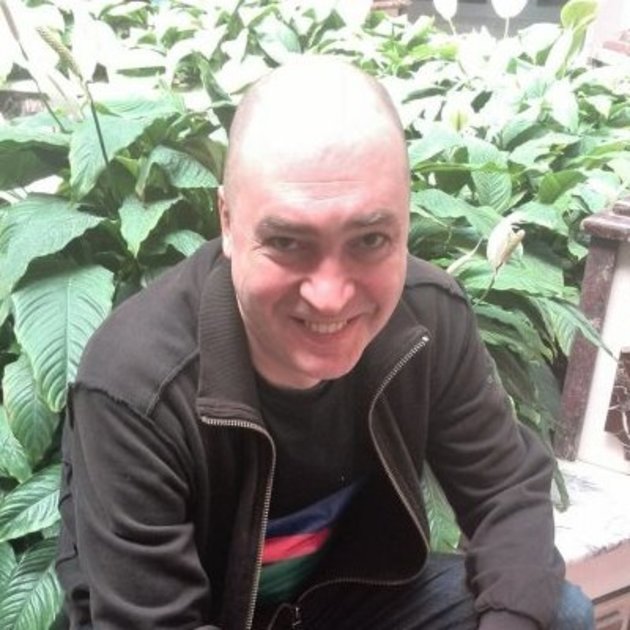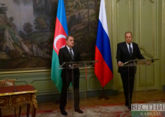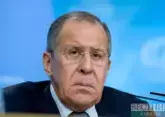For many years, the cooperation between Russia and Azerbaijan remains very intense, both at the level of interstate contacts, exchange of delegations in the field of culture, politics, defense, and environmental engagement in the Caspian Sea. Nair Aliyev, a journalist from Baku, took part in Gia Saralidze’s Byvshiye program on Vesti FM radio station.
- The contacts between Moscow and Baku in various fields seem to be very active. How does Baku assess them?
- Definitely, both at the state level, and between our peoples, there are no problems at all. At the level of society, there are different opinions. Some people say that Russia does not help much with the Karabakh conflict, others say something else. But in general, given that in Baku, there are more than 300 schools with instruction in Russian, I do not see any problems between our countries. I think everything will be fine. President Ilham Aliyev congratulated Vladimir Putin on the successful referendum on amendments to the Constitution of the Russian Federation. Russia and Azerbaijan are two oil-producing states, we support each other in OPEC +, there are no discrepancies between us.
- In Russian media, there is little information about Azerbaijan, and about its reverent attitude towards Victory Day, the opportunity to receive education in Russian. Does it offend Azerbaijanis?
- Not. This is Azerbaijan’s internal affair. We have decided so. No matter, whether it is covered or nor. The problem is different - we do not have enough places in classes with education in Russian, textbooks, and teachers. This problem has been constantly mentioned in the press for two or three years. Recently, such classes are in high demand. For a child to apply for the first grade, it is necessary to pass an exam on knowledge of the Russian language. In Baku, schools with education in Russian are not purely Russian schools, there are Russian sectors. So, in the same school, you can get an education in Russian and in the Azerbaijani language. I think it would be very good if something had changed on the part of Rossotrudnichestvo after Yevgeny Primakov was appointed the head of the organization. Some help can be provided, for example, textbooks.
- What caused such an interest in learning Russian?
- In the 1990s, Russian-speakers left Azerbaijan. The time passed, everything began to improve, people returned. But under Popular Front, whole faculties in universities were closed, and we faced the shortage of teachers. Now interest in the Russian language is growing, including thanks to the politics of both Ilham Aliyev and Mehriban Aliyeva. It is enough to recall her last year’s visit to Moscow.
Many parents believe that in the Russian sector their child will learn the Russian language. But the school is not a foreign language course. Therefore, they introduced an exam last year: first, the child must pass it, show that he understands and speaks Russian.
A generation has already grown up that considers it necessary to receive an education in Russian.
- Azerbaijan has a Nagorno-Karabakh problem. The opposition criticizes Russia on this issue. What is the significance of this element of Azerbaijan’s domestic policy?
- The Karabakh problem is one of the key factors in both domestic and foreign policy. But I would not exaggerate the opposition factor. We have no opposition as such.
Azerbaijan insists on a peaceful settlement. Despite the problems that arose in Armenia during the coronavirus pandemic and economic recession, Azerbaijan did not start any military action. We hope that Nikol Pashinyan will calm down and return to agreements on resolving the conflict - the Lavrov’s plan, Kazan formula, Madrid principles. Let's wait.
- About the coronavirus. The number of infected people is growing again in Azerbaijan. Did you have to tighten the screws once more?
- Schools have not been working since March. Even then, it became clear that by the end of the school year, schools and universities would remain closed Then we checked the dynamics - it was magnificent, we reached a plateau. Some measures were eased, but then the situation worsened. The reason is obvious: the isolation regime was eased, and our people were not disciplined. Everyone went to the malls and got infected. Now, until July 20, other restrictive measures have been introduced. Everything is closed except for shops and pharmacies. A few days ago, the restrictions on leaving the place of residence were introduced. Previously, you could go out by SMS permission if you were sick or need food, but no longer than for two hours. Now you can go out, but only once a day for two hours.
However, the restrictive measures are not very productive. I live in a residential area, and now there are a lot of people outside, no one wears a face mask. The President approved toughening fines for not wearing face masks in public places from 100 manats (about 50 euros) to 800 manats (400 euros). But our people really lack any kind of personal discipline. The "sect" of those who do not believe in coronavirus is strong. Here is one terrifying example. Bahram Bagirzade, a member of the Parni iz Baku KVN team, adored by everyone in the country, was hospitalized with coronavirus three weeks ago. At first, he was on the ventilator, then the situation worsened sharply, he was transferred to the ECMO apparatus (extracorporeal membrane oxygenation) - artificial lungs and the artificial heart. When I read messages on social media I see that people somehow inadequately react to this situation. Thank God, Bahram has already come to his senses, he is in consciousness, but they say that the situation is complicated anyway.
- Is there a threat of religious fundamentalism in Azerbaijan?
- This is a problem for most countries with the Muslim majority throughout the post-Soviet space. Azerbaijan is no exception. And here, the situation in this regard is more complicated, because most of us are Shiites, but there are Sunnis, there may be contradictions between these two groups. Today's fragile balance must be respected. The authorities cope with it. There was a situation in the village of Nardaran, which was called "little Iran", where people lived according to their own laws. But we figured it out, solved the issue, although there were casualties, including among police officers. Now it’s quiet and calm, the government is working. There is a potential threat. Our authorities are well aware of this and carrying out the necessary work.










